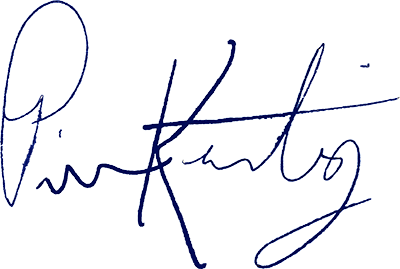
I’ve always thought a good deal about record deals. What are they? How does an artist, or a band, obtain one? What does the artist, or band, need to have, or do? Do they need to seek out the record label, or does the record label seek them out? Is the “big record deal” something that everyone can have, or does it only come to the “chosen few”?
Unfortunately, I was soon to find that there are no answers to these questions, or if there are, they are very vague and blurry. Who’s to say what it takes for a great band to find a record label who would be willing to invest in them, and vice versa? It would make sense that an amazing band, such as The Beatles, would inevitably attract EMI records, just because they are that good. But in an alternate universe, would they be overlooked?
A lot of factors go into play here. Today, more factors go into play than ever before. As I thought I understood how the business used to work, you would form a band, work really hard, practice all the time, and hopefully get signed. Nowadays, this formula couldn’t be further from the truth.
Seth Godin speaks about finding a “partner” in his podcast, “Startup School.” He says that back in the day, a person such as Casey Kasem would serve as a “partner” to the artist in question, having them on the radio, bringing them into the networks that would help them garner a huge following. He reminds us that artists don’t, and never have, wanted to deal with the headache of keeping track of fans, maintaining them, supplicating to them, and assimilating them. The artist, as I touched on in the last post, just wants to do his art.
This is where the “partner” comes into play. But Godin’s concept of the “partner” was more of one person, someone who worked for and with the artist to help them create and manage the following and “get themselves out there.” He said nothing of record labels or deals.
The reason I’ve always been fascinated by record labels is because they seem so elusive. Everyone wants one, or thinks they do, but no one really seems to know how to get one – in the sense of knowing a more or less direct path. That’s because there is no direct path. There are no steps to take. There’s no “first do this, then do this.” (If I ever figure it out, I will come out with a step-by-step product.)
Godin, the pace-setter of entrepreneurship, seems to still believe in the artist doing his part – writing a blog a day, having an e-mail list, being ferociously up to par with social media, et cetera. However, he also says in this podcast that a partner can serve as a very helpful tool to do these things efficiently. In the next post, I’d like to discuss whether the idea of a “partner” can be extended to that of a “major record label” in today’s anti-major record label environment.
Do you feel that a partnership with a big company can be beneficial to someone trying to make a splash? What are some dangers?
